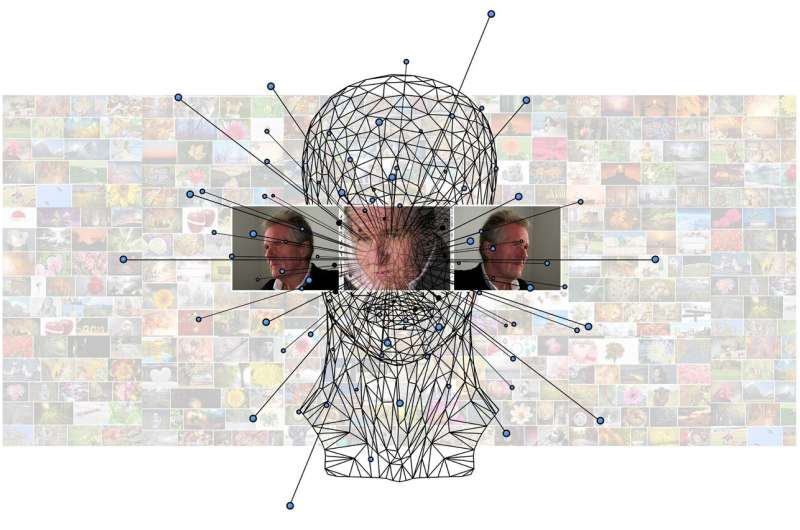Credit: Pixabay/CC0 Public Domain
For a machine learning system comprising multiple machine learning models and input data, researchers at University of Tsukuba developed a theoretical model for evaluating the effect of diversity in machine learning models and input data used in a machine learning system on the reliability of its output.
The developed model can be used for exploring appropriate machine learning system configurations. The study is published in IEEE Transactions on Emerging Topics in Computing.
Machine learning systems for autonomous driving, diagnostic medical imaging, and other applications require reliable and safe output. One such system design is the N-version machine learning system. In this system, multiple machine learning models and input data are combined to deter inference errors in machine learning models from directly affecting the final output of the system.
However, although it is known empirically that the diversity of machine learning models and input data affect the reliability of the output, a theoretical model to explain this has not yet been developed.
In this study, the researchers introduced the diversity metrics for machine learning models and input data with respect to inference errors of machine learning models and constructed a theoretical model to evaluate the reliability of the machine learning system output.
The results showed that a configuration method that utilizes the diversity of machine learning models and input data is the most stable method for improving the reliability of a machine learning system under generally assumed situations.
The overhead and cost of performing multiple inference processes are other challenges in practical system design. Researchers will continue to investigate and develop methods to achieve high reliability in N-version machine learning systems while reducing the cost, power consumption, and overhead from both theoretical and experimental perspectives.
More information: Fumio Machida, Using Diversities to Model the Reliability of Two-version Machine Learning Systems, IEEE Transactions on Emerging Topics in Computing (2023). DOI: 10.1109/TETC.2023.3322563
Provided by University of Tsukuba
























